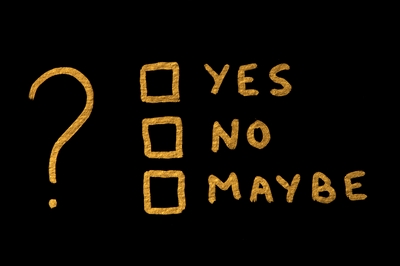“Ain't” is cool, ain't it?
 The topic of learning English, judging by the search results , is quite relevant here. And if so, let's learn more about him together.
The topic of learning English, judging by the search results , is quite relevant here. And if so, let's learn more about him together. Remember what construction replaces ain't : am not , have not or do not ?
The correct answer: all three! And this proposal is only so that you could not guess the short answer :) Let's see how it happened and how to use this word.
Ain't [eint] is successfully disguised as a modern word from American slang, but in fact it is a great-age offspring of the London Cockney dialect. Probably the original word looked like hain't; it was used as a colloquial substitute for the negatives of has not and have not. Then "h" fell off imperceptibly.
At the beginning of the 18th century ain't became popular. Now it already replaces the negation am not, and a little later - immediately is not and are not. And then (in the 19th century) the unexpected happens: the word acquires a specific label and is expelled from competent English speech. They say that the main culprit is Charles Dickens (but it is unlikely that he seriously thought about such consequences for poor ain't). The thing is that on the lips of his characters from the lower layers of society ain't sounded so often and juicy that ... you can continue the rest yourself :)
Today, the word ain't replaces all five constructs: am / is / are not, has / have not. And sometimes also these three: don't, doesn't, didn't. And even these two: won't and shan't. It is still believed that he does not belong in literary English - for example, in official documents and business letters. Informal, what can you do!
No, no, I ain't gonna do it! - No, no, I won’t do it!
I ain't liked him. - I did not like him.
Ain't gives special expressiveness to the phrase, attracts attention. Emotional is such a word :) Often found in oral speech and lyrics.
Ain't that cool? “ Well, isn't that cool?”
She's real cute, ain't she? - She's cool, tell me!
I ain't you. “ I'm not you.”
By the way, ain't calmly getting along with other negatives in one statement; the principle of “two negatives give a statement” does not work:
Ha! I knew you ain't got nothing to say! “ Ha, I knew that: you just have nothing to say!”
'Tain't [It ain't] nobody's business if I do. “ Who cares? ”Or“ This Does Not Affect Anyone ”(from Ardis Fagerholm’s song“ Ain't Nobody's Business ”).
Lena Agafonova,
translator
